6 Benefits of Immersive Learning with the Metaverse
ViewSonic Education
FEBRUARY 20, 2023
The metaverse is most commonly associated with extended reality technology (virtual reality and augmented reality), as well as with social media capabilities and the use of digital avatars controlled by users. Additionally, the use of avatars within the metaverse delivers something akin to student-centered learning.

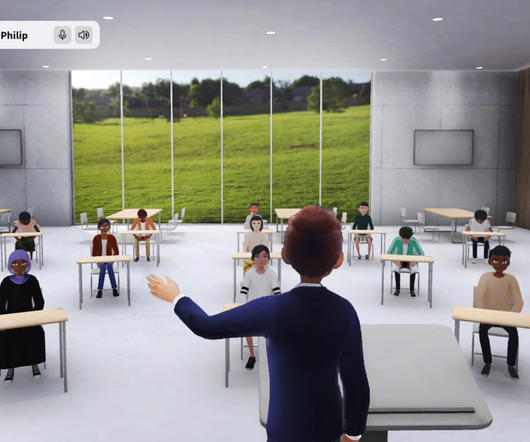

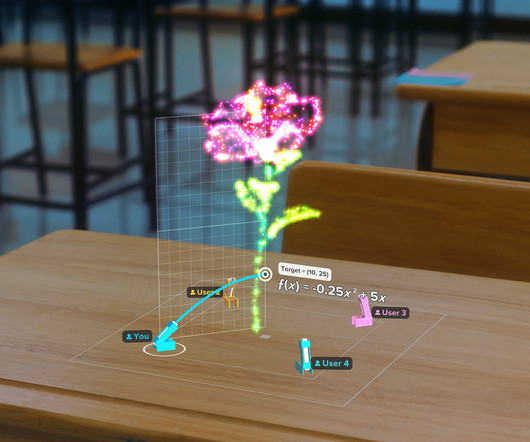


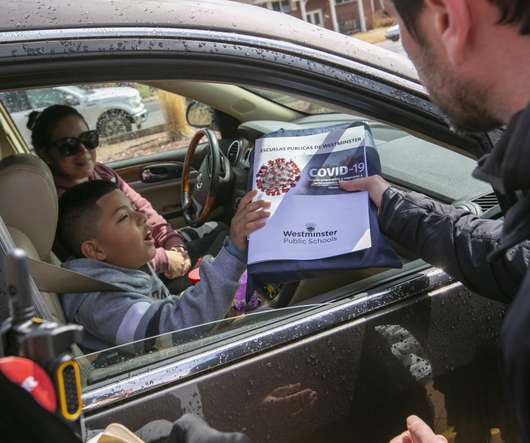


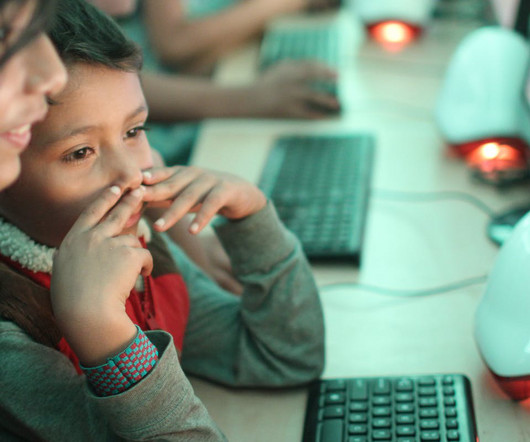
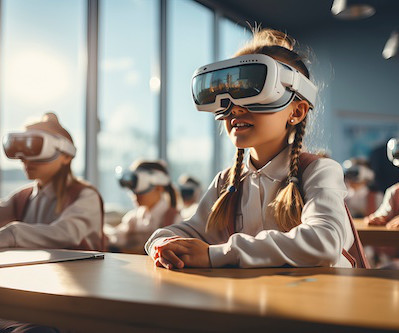










Let's personalize your content